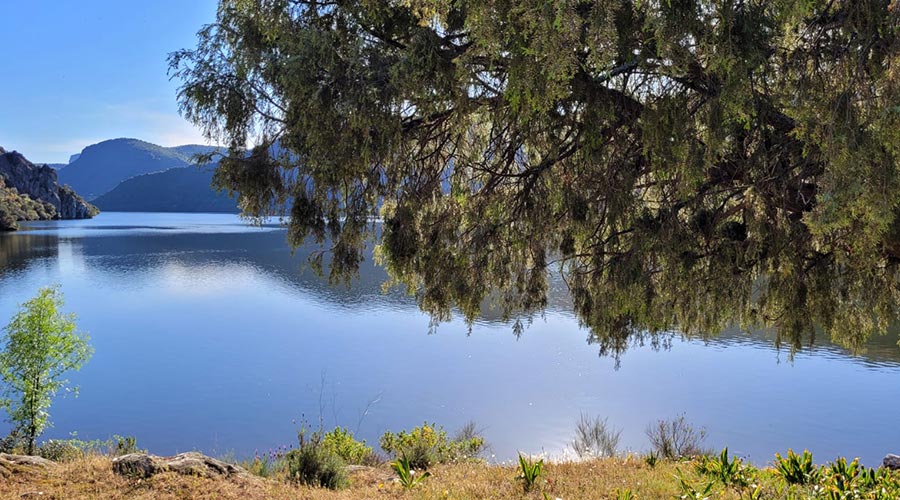

Today is World Water Quality Monitoring Day, an initiative that aims to raise public awareness of the importance of testing and preserving water quality, promoting its reuse and reducing its consumption.
The simple gesture of turning on the tap, so common and simple, is a symbol of development that hides a great effort and work on the part of many people, companies, entities and environmental organisations.
Decreased rainfall as a result of climate change and deforestation, water pollution and overuse of water resources jeopardise one of the UN SDGs: access to clean and safe water.
Water pollution can negatively affect industries such as agriculture, fisheries and tourism, increase the cost of purifying water for drinking and make it difficult to grow food.
It is therefore essential to be aware of the importance of ensuring that the water used (especially by industry and urban centres) is returned to the environment in the best possible condition. This objective is achieved by improving the quality of treatment, using the best products and technologies available, with an ever-increasing investment and effort on the part of companies and with the collaboration and support of control bodies.
In this sense, the control bodies (OCA) are very aware of the importance of water quality control, not only to comply with environmental legislation, but also for the preservation and conservation of the environment. The Water Administration Collaborating Entities play a fundamental role in guiding the private and public sector in the optimisation of results and resources in purification parameters, by taking simple and composite samples of waste, industrial and urban water discharges of any kind and the control of flow rates, all under ENAC accreditation.
The control bodies also monitor the status, quality and concentration of pollutants in the receiving medium of inland groundwater bodies, by carrying out studies of previous contamination, periodic monitoring and cessation of activity through boreholes and piezometric networks. The simple analysis of groundwater abstractions can provide a great deal of information on aquifers and their status, as well as on the impact of the agricultural sector and the evaluation and viability of the use of this water.
In short, control bodies are a tool for sustaining the involvement of the industrial sector with the environment and a mechanism for improving the quality and quantity of discharges, as we carry out efficiency balances in the purification of raw and treated water, sampling and analysis of drinking water and evaluate its qualitative and quantitative characteristics.
Sustainable water management in turn improves the management of food and energy production and contributes to development and economic growth. In addition, aquatic ecosystems and their biodiversity are preserved and climate change is combated.
The OCAs accompany you in monitoring water quality, in which we are all involved. .... And you, what do you do for your water?
More about water quality monitoring.

